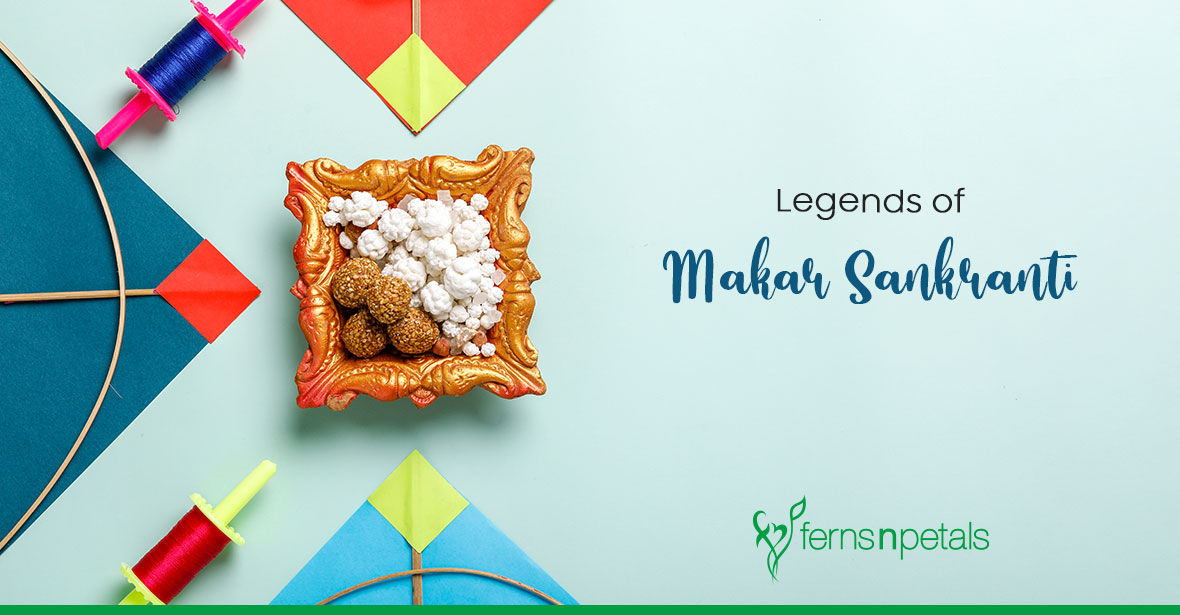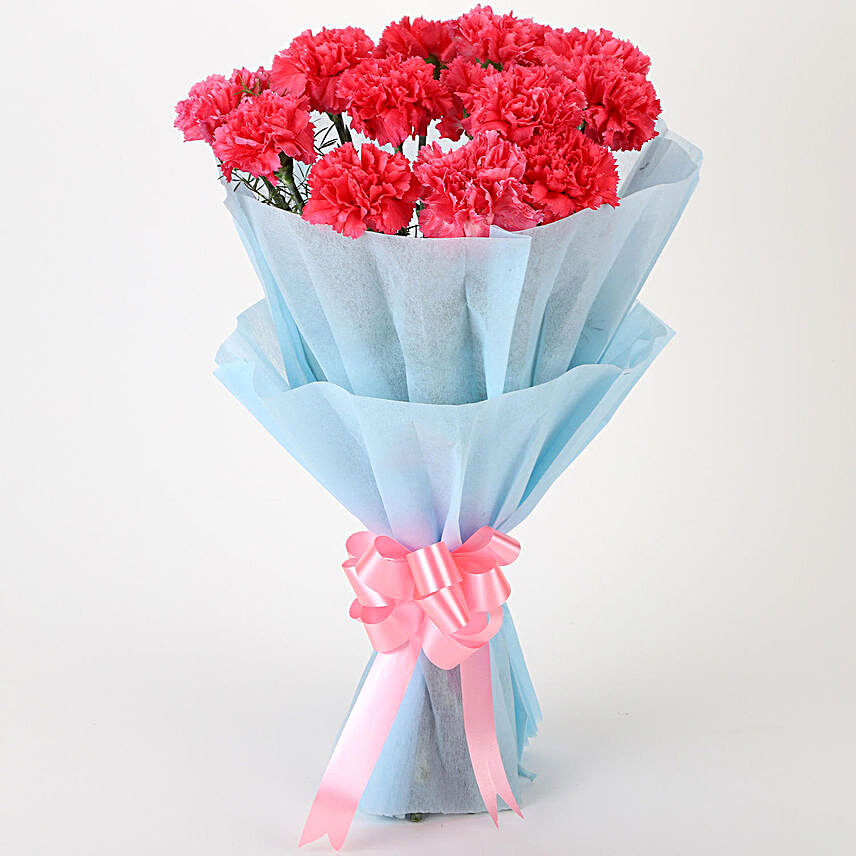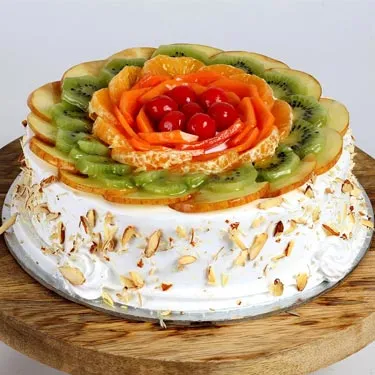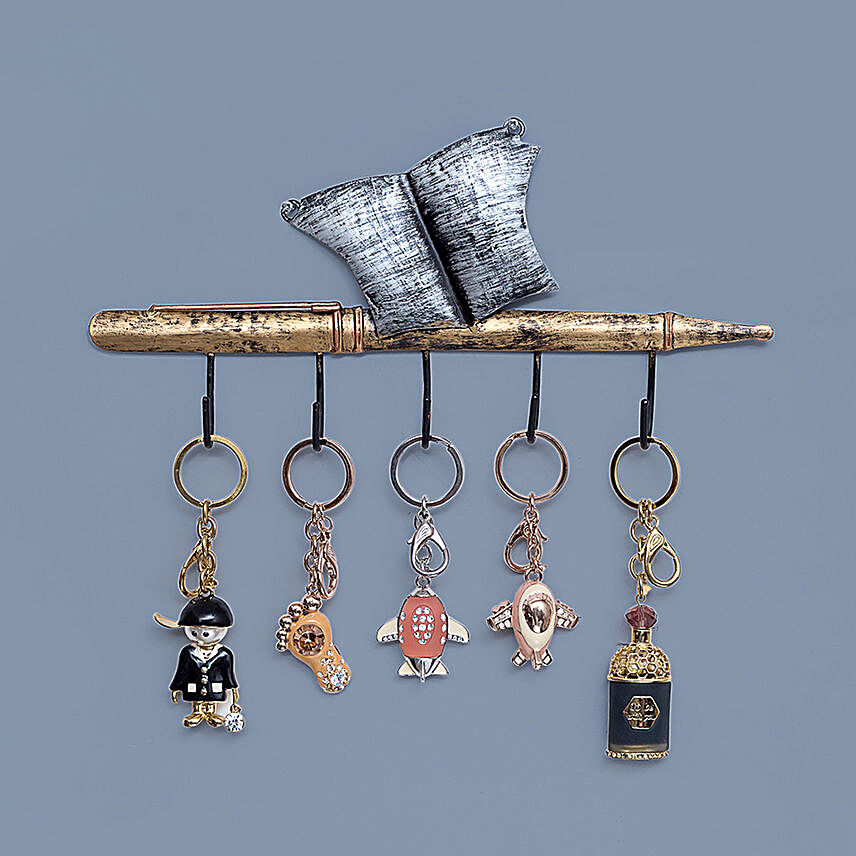Lesser-Known Legends of Makar Sankranti
- Author: Anushka Published: 11th January, 2022
It’s that time of the year again! Collecting woods for the bonfire, preparing popcorn and gajak & shouting kai po che. Makar Sankranti is a Hindu festival that is celebrated with high gusto. Besides, the festival is legit incomplete without hearing the folktales from the elders. In our previous articles, we have talked all about Makar Sankranti & its significance. In this, we bring you the lesser-known legends of Makar Sankranti to make you aware of them.

Lord Krishna Legend
Apparently, on the day of Makar Sankranti, Lord Krishna asked the cattlemen to not worship Lord Indra but the Govardhan mountain. This made Lord Indra furious and in the fit of fury, he caused heavy thunder, rain, lightning and flood. Lord Krishna balanced the Govardhan Mountain on his little finger to protect the farmers and their cattle and save everyone. Soon after realising his mistake, Lord Indra asked Lord Krishna for his forgiveness and in turn, the latter urged people to worship Indra on Makar Sankranti.
Lord Shiva Legend
Lord Shiva once asked his bull Nandi to go and deliver his message to his disciples on earth to have an oil bath daily and food just once a month. However, Nandi got confused and told the disciples just the opposite of it. Lord Shiva got furious and ordered the bull to live on earth to help humans plough the field and grow more food to be able to eat every day.
The Mahabharata Legend
Another historical reference and significance of Makar Sankranti date back to the Mahabharata. During the Kurukshetra battlefield, Bhishma fell to the arrows of Arjuna. Bhishma was granted a boon by his father that he could die as per his own will. After being on an arrow bed for almost a month, he chose to leave his mortal self on the day of Makar Sankranti. That’s why it is said that those who die during this period are said to free themselves of rebirth.
Lord Vishnu Legend
Legend has it that on the day of Makar Sankranti, Lord Vishnu killed the asuras, buried their heads in the Mandar Parvat and freed every one of their terrors. Hence, the day symbolises the end of negativity and the beginning of good and righteous life.





